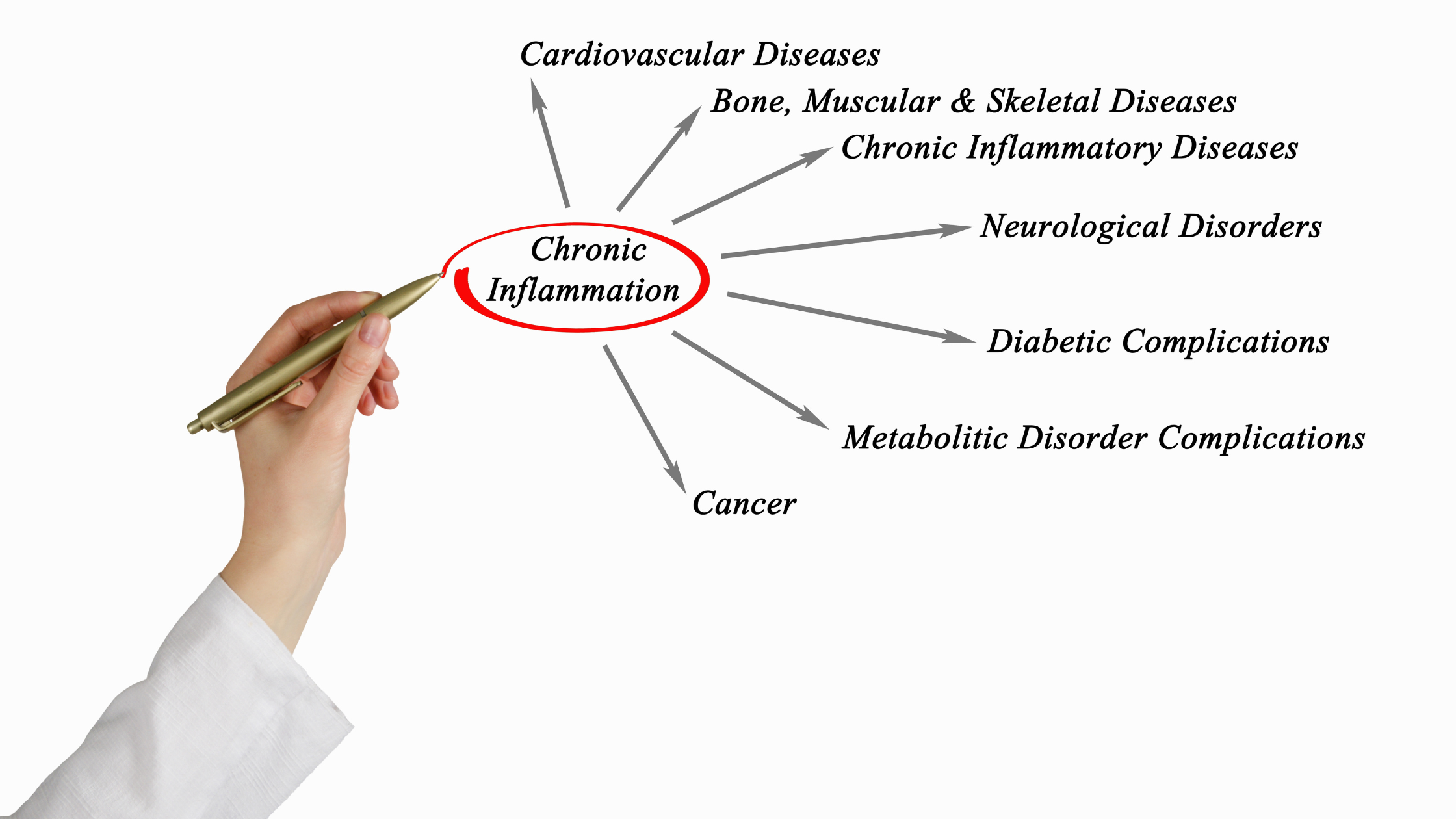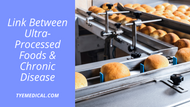Unmasking the Link Between Ultra-Processed Foods, Obesity, and Chronic Disease
Written by TYE Medical on Aug 26th 2025
If you’ve ever dieted or restricted calories, you probably know that ultra-processed foods (UPFs) are just empty calories, but growing research also links them to a host of chronic diseases. According to the NOVA system of food classification, ultra-processed foods include items like packaged cookies, frozen meals, sugar-sweetened drinks, processed meats, and chips. These foods are produced through an industrial process, are high in additives, and almost empty of nutrition. Additionally, UPFs are also packed with added sugar, sodium, and saturated but very low in fiber. In other words, not only are you not benefiting from these foods, but you’re also doing harm. Here is what you need to know about ultra-processed foods and the chronic diseases they promote.
More Examples of UPFs

When trying to distinguish between a processed and ultra-processed food, look at the ingredients list. Ultra-processed foods have a long list of ingredients with more unrecognizable names. Here is a more complete list of ultra-processed foods to avoid:
- soda and fruit drinks
- poultry and fish nuggets, hot dogs
- energy drinks
- sweet or savoury packaged snacks (e.g., cookies)
- candies and cake mixes
- sweetened yogurt
- mass-produced packaged breads and buns
- margarines and spreads
- breakfast cereals
- cereal and energy bars
- instant soups, sauces, and noodles
- many ready-to-heat products: pre-prepared pies, pasta, and pizza dishes
If you can’t recreate a homemade version, you can look for “minimally processed” alternatives or products with a smaller ingredient list containing items you recognize.
Weight Gain and Obesity

Research shows that if you consume larger amounts of UPFs, you increase your chances of obesity by 55% - a staggering statistic. This is largely because the empty calories in ultra-processed foods require that you eat more to feel satisfied, which promotes overeating. Eating more UPFs also means eating fewer whole foods, increased inflammation, and more blood sugar spikes, all of which contribute to weight gain. It’s obesity and inflammation that triggers other chronic conditions.
Chronic Inflammation Linked to Ultra-Processed Foods

With colorectal cancer on the rise even in younger adults, it’s important to pay attention to how many UPFs you’re consuming. A 2024 study suggests that diets high in UPFs may promote colorectal cancer growth. Previously, cases of colorectal cancer were found in older adults, but the condition is now more widespread. Diet highly impacts this type of digestive cancer. Eating more whole foods and minimally processed foods can reduce cancer risk.
High Blood Pressure and Cardiovascular Disease
Hypertension and cardiovascular disease are linked to ultra-processed food consumption. Overconsumption of UPFs increases obesity risk and inflammation, both of which negatively impact cardiovascular health. In 2024, a large study found that people who consumed the highest levels of UPFs increased their risk of cardiovascular disease by 17%. As the amount of consumed UPFs increased, so did the risk of hypertension and cardiovascular issues.
Type 2 Diabetes and Ultra-Processed Foods

In another study, those who consumed the highest levels of UPFs increased their risk of type 2 diabetes by 24%. The reason for the increase in chronic disease is unsatisfying empty calories that result in weight gain combined with a lower level of nutrition. Every additional 10% of calories that came from eating ultra-processed foods caused about a 12% increased risk of diabetes and metabolic issues.
Cancer, Digestive Disease, and Death

A review of 41 studies found that every 100 gram per day increase in daily UPF consumption increased the risk of cancer by 1.2% and the risk of digestive diseases by 20%. Those percentages climb with every additional 100 grams per day you consume. However, cancer and other chronic diseases are only part of the story. According to the same study, the risk of cardiovascular death was up to 50% higher depending on how many ultra-processed foods were consumed.
Ultra-Processed Foods: The Latest Research

Not only has the latest research shed light on the link between UPFs and inflammation, but it also suggests that UPFs disrupt the gut microbiome regardless of how many calories are consumed. The ultra-processed foods themselves, without overeating, trigger inflammation and cause imbalances in gut bacteria. Even eaten in moderation, UPFs may cause health problems.
Additionally, the National Institute of Health (NIH) has developed a way to measure UPF consumption through a blood-urine test. Doctors and patients no longer have to rely on subjective questionnaires for evaluation. Such tests can help you know when your UPF consumption is beyond a reasonable level so that you can make dietary adjustments.
Knowledge Brings Change
It’s not a secret that processed foods aren’t the best nutritional option, and ultra-processed foods would certainly be even worse for your health. But understanding the degree of negative impact on your health can help motivate dietary changes. Even making small adjustments to your daily food choices can make a big difference. A great way to start is to replace your most frequently consumed UPFs with less processed or whole food versions.


